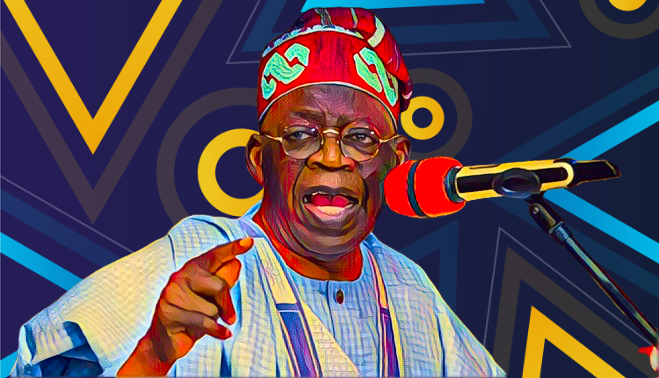The Nigerian Presidency has responded to a recent New York Times article titled “Nigeria Confronts Its Worst Economic Crisis in a Generation.” The report, by Ruth Maclean and Ismail Auwal, was criticized by the Presidency as jaundiced and misleading, failing to provide a balanced view of Nigeria’s economic situation.
Special Adviser to President Bola Tinubu on Information and Strategy, Bayo Onanuga, highlighted the positive aspects of the economy and the policies being implemented by the central and state governments. Onanuga stressed that President Tinubu inherited, rather than created, the current economic challenges.
Onanuga explained that Nigeria had maintained a fuel subsidy regime that cost $84.39 billion between 2005 and 2022. This left little room for other essential expenditures. The state oil firm, NNPC, accumulated trillions of naira in debts due to unsustainable subsidy payments. By the time President Tinubu took office, no provision was made for fuel subsidy payments beyond June 2023. The budget planned to spend 97% of revenue on debt servicing, leaving minimal funds for recurrent or capital expenditure.
To address these issues, President Tinubu’s administration ended the fuel subsidy regime and unified multiple exchange rates. This move was essential to stabilize the economy and ensure Nigeria could meet its remittance obligations to airlines and other foreign businesses. The government also floated the naira, which has since stabilized and is expected to appreciate further by year-end.
Onanuga highlighted the positive outcomes of these reforms. The economy recorded a trade surplus of N6.52 trillion in Q1 2024, compared to a deficit of N1.4 trillion in Q4 2023. Portfolio investors have returned, and long-term investors are showing renewed interest in Nigeria. The World Bank has extended a $2.25 billion loan, with additional loans from the AfDB and Afreximbank, indicating renewed confidence in Nigeria’s economy.
The government is also addressing food inflation, a significant challenge. Increased agricultural production is being encouraged, and state governments are setting up retail shops to sell raw food items at lower prices. The Tinubu administration has invested heavily in dry-season farming, and the Central Bank of Nigeria has donated N100 billion worth of fertilizer to farmers.
Onanuga noted that Nigeria is not alone in facing economic difficulties. The USA and Europe are also grappling with rising costs of living. He emphasized that the Tinubu administration is working hard to address these challenges and that Nigeria is expected to overcome its difficulties soon.
“Nigeria is not the only country facing a rising cost of living crisis. The USA, too, is dealing with similar issues, with families finding it hard to make ends meet. US Treasury Secretary Janet Yellen raised this concern recently. Europe is also experiencing a cost-of-living crisis. As these countries work to confront their problems, the Tinubu administration is also striving to overturn Nigeria’s economic challenges,” Onanuga said.
He added, “Our country faced economic difficulties in the past, an experience captured in folk songs. Just as we overcame then, we shall overcome our present difficulties very soon.”
Source: The Sun


